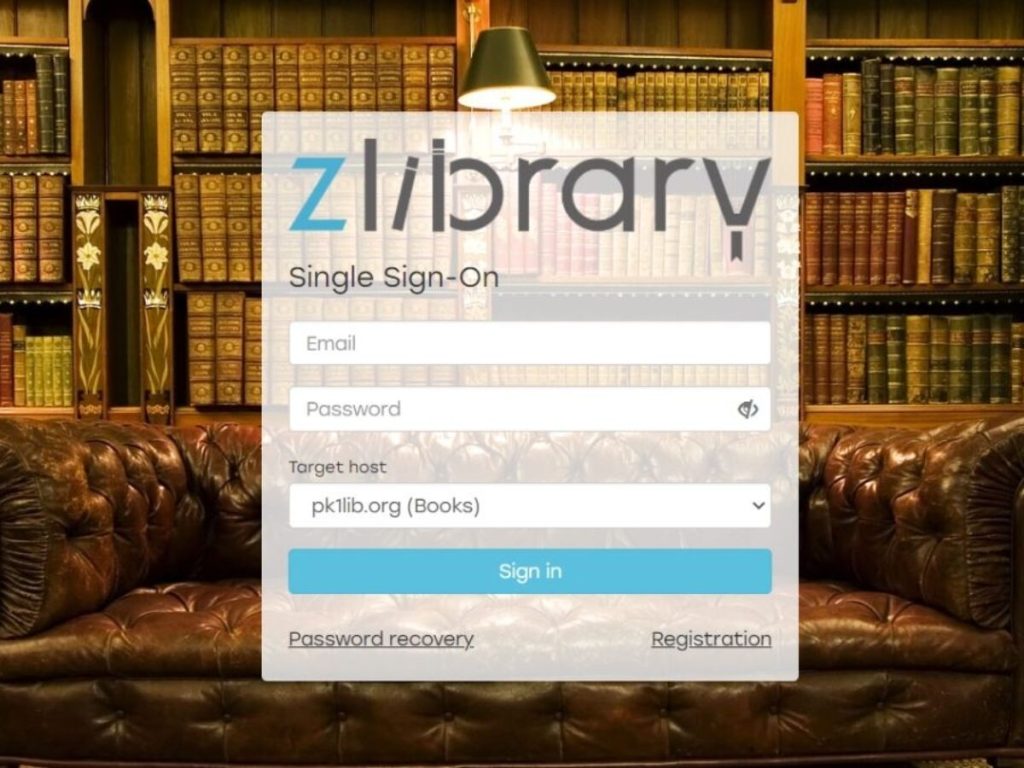In a world driven by information, the quest for knowledge has become more accessible than ever, thanks to digital libraries. Among the plethora of online repositories, Z-Library stands out as a beacon for bibliophiles and knowledge seekers. In this blog post, we’ll delve into the fascinating realm of Z-Library, exploring its origins, features, and the impact it has had on democratizing access to information.
The Genesis of Z-Library:
Z-Library, short for “Z-Library. The world’s largest ebook library,” emerged as an answer to the growing demand for a centralized platform where users could access a vast collection of digital books. Founded in 2009, the platform initially gained traction as a repository for scientific articles. Over the years, it expanded its horizons to include a diverse range of materials, from academic papers to fiction and non-fiction books, making it a one-stop destination for readers across the globe.
An Abundance of Resources:
What sets Z-Library apart is its staggering collection of resources. With millions of ebooks, articles, and documents, the platform caters to a broad spectrum of interests. Whether you’re a student looking for academic references, a literature enthusiast exploring classic novels, or someone seeking specialized knowledge, Z-Library has you covered.
The platform’s intuitive search and categorization features make it easy for users to navigate through its extensive database. You can filter results based on categories, genres, or specific authors, ensuring that you find exactly what you’re looking for with just a few clicks.

Democratizing Access to Knowledge:
One of the most significant contributions of Z-Library is its role in democratizing access to knowledge. In a world where traditional publishing models can limit the dissemination of information, Z-Library breaks down these barriers. It provides users with free and open access to a wealth of information that might otherwise be behind paywalls or inaccessible due to geographical constraints.
This democratization of knowledge aligns with the ethos of open access, empowering individuals around the world to educate themselves, regardless of economic or geographical constraints. Z-Library has become a global library without borders, fostering a culture of learning and intellectual curiosity.
Community and Collaboration:
Z-Library thrives on the collaborative spirit of its community. Users can contribute by uploading and sharing their own digital resources, thereby enriching the platform for everyone. This communal approach fosters a sense of shared knowledge, creating a vibrant ecosystem where information flows freely.
The platform’s forums and discussion threads further encourage interaction among users. Whether it’s seeking recommendations, discussing a particular topic, or connecting with like-minded individuals, the community aspect adds a social dimension to the act of reading and learning.
Challenges and Controversies:
While Z-Library has undoubtedly made a significant impact on the accessibility of knowledge, it has not been without its fair share of challenges and controversies. Copyright concerns and issues related to intellectual property have arisen, prompting debates about the ethical implications of freely sharing copyrighted materials. As the platform continues to evolve, addressing these challenges will be crucial in ensuring its sustainability and positive impact on the literary and academic landscapes.
Conclusion:
In a digital era where information is power, Z-Library stands as a testament to the idea that knowledge should be freely accessible to all. Its vast repository, community-driven ethos, and commitment to breaking down barriers make it a powerful force in the democratization of information. As we navigate the evolving landscape of digital libraries, Z-Library remains a beacon, illuminating the path towards a more inclusive and enlightened world.